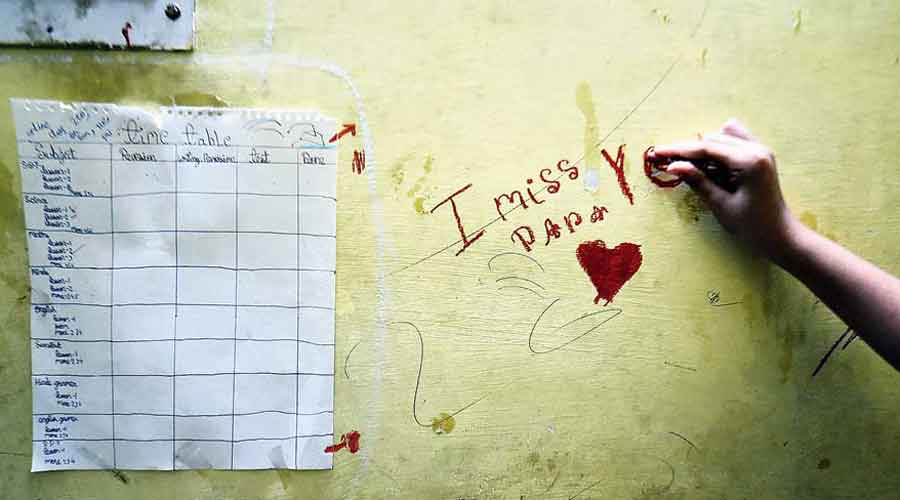Pandemics are usually associated with mortality and sundry challenges to the medical infrastructure. The Covid-19 pandemic has not been an exception. But beyond morbidity and mortality, pandemics inflict secondary — collateral — damage, such as children who are left orphaned and, hence, vulnerable to such adverse consequences as poverty, abuse, and institutionalization. A new report in Lancet has found that globally, from March 1, 2020, to April 30, 2021, 26,96,000 children lost their primary or secondary caregivers, including at least one parent or custodial grandparent. Around 19 lakh of these children are from India, according to this report. The ministry of women and child development has vehemently refuted this data and claimed that the number should be just 1.5 lakh. The gap between the two figures is intriguing. The Central government had set aside a sum from the PM-Cares fund for Covid-orphans last year. If the Lancet’s assessment is reliable, this sum would be paltry compared to the scale of the crisis. Worse, no plan was laid down on how beneficiaries would be identified or how this money would reach them. A study by an NGO found that many children do not have ration cards, Aadhaar cards or other identity documents yet, blocking their ability to seek government assistance. A permanent fund for the orphaned children and the establishment of an administrative set-up to cater specifically to the issues faced by this young constituency are two steps suggested by the Lancet report. The government must look into these suggestions.
But working with bereaved children is not merely about counting and recording cases or providing State compensation. Stipends and financial packages are critical to ensure children’s long-term security but the government has to simultaneously invest in human resources and systems necessary to ensure that the children are not exploited with an eye on the eventual bounty. For instance, reports show that many relatives who took in orphaned children had sizeable families of their own and were merely looking to cash in on the government incentives provided to Covid-orphans. Further, the adoption process in India can sometimes run into years. The government can consider making an exception to ease the adoption of children orphaned by Covid-19, without compromising on checks and balances. Finally, each child must also be provided mental health support, as unresolved trauma and grief of such magnitude can increase the chances of producing a broken generation.










